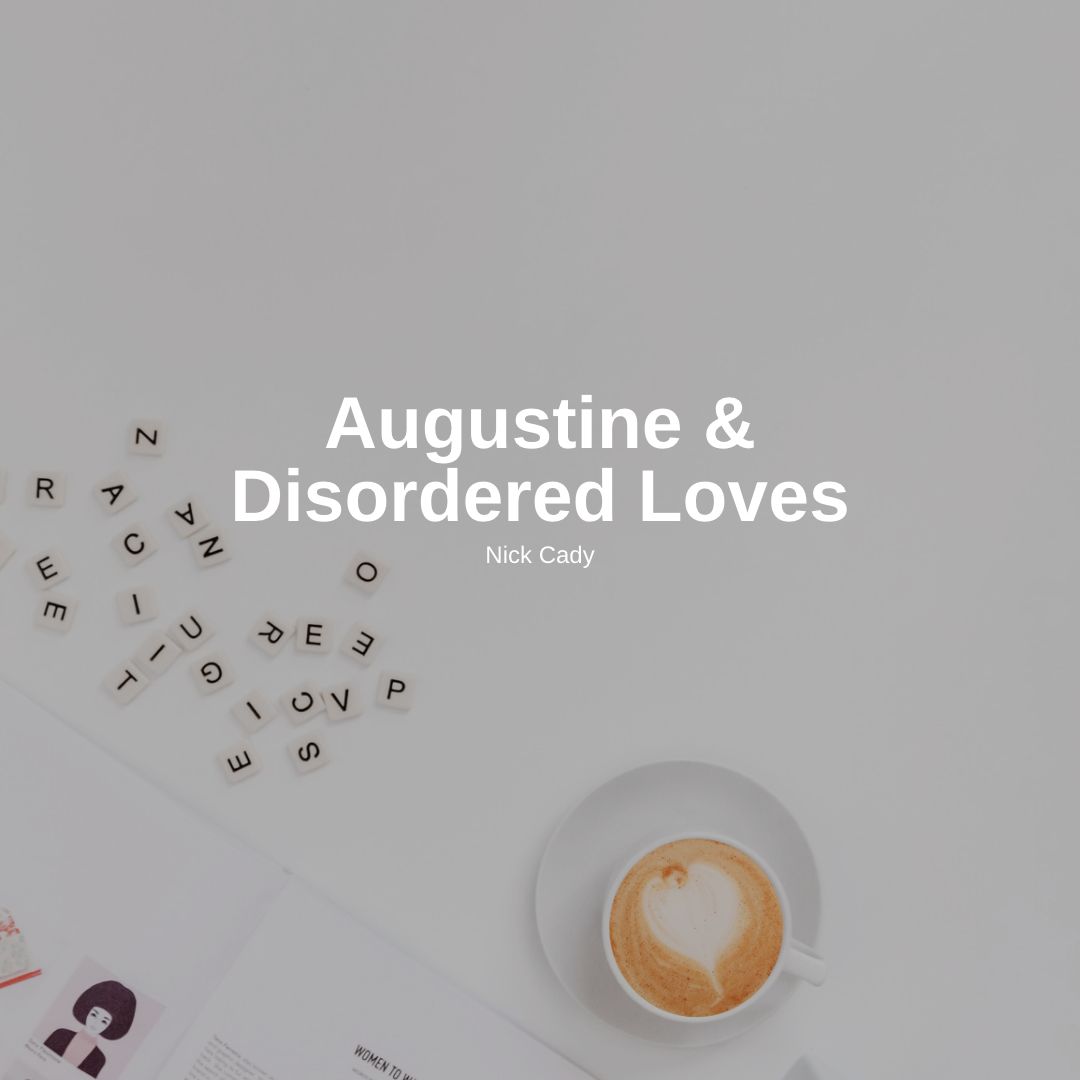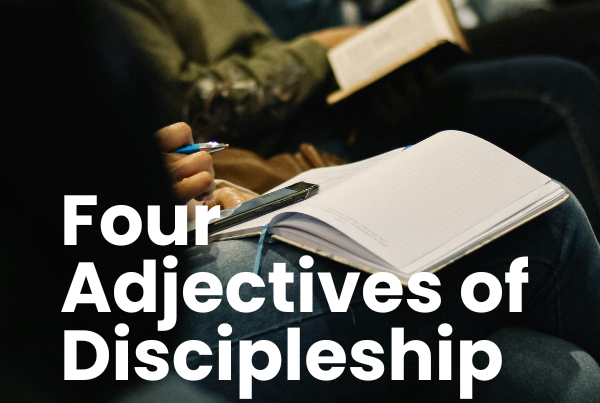
Originally published on Nick’s blog on April 11, 2019.

At age 19, Augustine Aurelius—later to be known as Augustine of Hippo—read a dialogue by the Roman philosopher Cicero in which Cicero stated that every person sets out to be happy, but the majority are thoroughly wretched. Truly, no one dreams as a child of one day growing up to be miserable, and yet many people’s lives are characterized by conflict, frustration and unfulfilled longings.
Augustine set out to discover why it is that most people are so discontent in life. His conclusion was that for most of us, our lives are “out of order”; we have disordered loves.
Augustine was convinced that what defines a person more than anything is what they love. He said that when we ask if someone is a “good” person, what we are asking is not what they believe or what they hope for, but rather what they love. He stated that what we consider human virtues, e.g. courage, honesty, etc. are essentially forms of love. Courage is loving your neighbor’s well-being more than your own safety. Honesty is loving someone enough to tell them the truth even if it may put you at a disadvantage.
Sin, Augustine said, is ultimately a lack of love, either for God or for your neighbor. He famously stated that “The essence of sin is disordered love.”
Disordered loves means that we often love less-important things more, and more-important things less than we ought to, and this wrong prioritization leads to unhappiness and disorder in our lives.
This is essentially what James says in his epistle:
What causes quarrels and what causes fights among you? Is it not this, that your passions are at war within you? You desire and do not have, so you murder. You covet and cannot obtain, so you fight and quarrel. You do not have, because you do not ask. You ask and do not receive, because you ask wrongly, to spend it on your passions. (James 4:1-3)
James is saying that what makes people miserable is not their circumstances, but that they are chasing after the wrong things, for the wrong reasons. The things they love are out of order.
Many times we view people as a means to an end, using them rather than loving them. Oftentimes we seek God primarily because we find him useful, rather than seeking him because we find him beautiful. We relate to him as useful to us, to help us achieve our selfish goals, rather than seeking his agenda for our lives.







